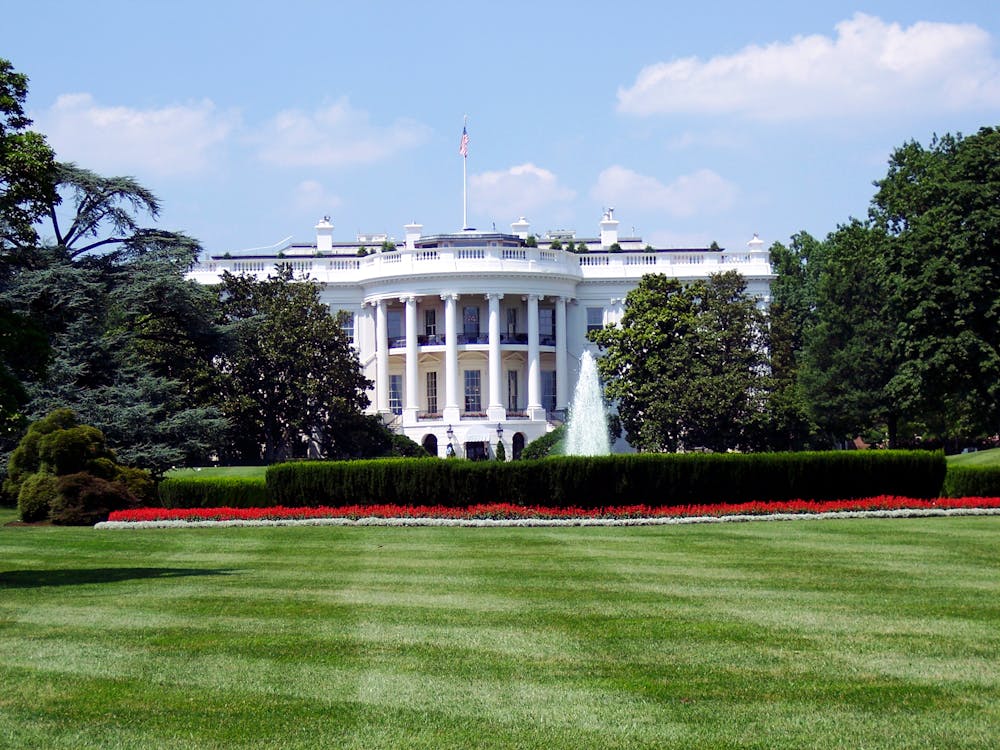It wasn't long ago that presidential candidates focused on reducing the budget deficit as a key part of their platforms. However, as the dangers of a widening deficit and mounting debt grow, both Trump and Harris are largely ignoring the issue. Instead, their proposed economic policies are projected to exacerbate the deficit, according to several nonpartisan groups.
A budget deficit occurs when a country's spending exceeds its revenue, primarily collected through taxes. The government borrows money to cover this gap by selling securities like Treasury bonds and notes. The U.S. is already deeply in debt, with publicly held federal debt nearly equal to the entire U.S. economy. Federal Reserve Chair Jerome Powell has expressed concern, stating, "It’s probably time, or past time, to get back to an adult conversation among elected officials about getting the federal government back on a sustainable fiscal path."
During the recent Trump-Harris presidential debate, the budget deficit was mentioned only twice. Harris criticized Trump for his proposals, which are expected to add significantly more to the deficit than hers. However, neither candidate discussed plans to reduce the deficit, and the debate moderators did not press the issue.
Maya MacGuineas, president of the nonpartisan Committee for a Responsible Federal Budget, warned that the debt contributions from both candidates' plans would undermine their agendas to help American families. "There will be a mandate to make things worse unless something changes," she said.
Historically, addressing the deficit was a bipartisan concern. During the 2008 presidential debates, then-Senator Barack Obama emphasized the need for fiscal responsibility, advocating for a "pay-as-you-go" approach. In contrast, the current fiscal year is expected to end with a $1.9 trillion deficit, a stark increase from the $450 billion deficit in 2008.
When Obama left office in 2017, the deficit was $670 billion, about half of what it was when he took office in 2009. This reduction was primarily due to the recovery from the Great Recession, which reduced the need for social safety net programs and financial institution bailouts. However, under Trump's administration, the deficit widened, and the national debt grew each year, reaching a peak in 2020 due to increased government spending to address the COVID-19 crisis.
Wider deficits mean the U.S. owes more money to those who buy its debt, increasing the risk for lenders and likely leading them to demand higher interest rates. This, in turn, makes it more expensive for Americans to obtain mortgages and other loans. Additionally, higher interest payments on the national debt reduce the funds available for other critical investments, such as infrastructure.
The Congressional Budget Office projects that the government will spend more on interest payments than on national defense, Medicaid, and programs for children in the 2024 fiscal year. Powell summarized the issue in a "60 Minutes" interview, stating, "We’re borrowing from future generations," and emphasizing the need to pay for current expenditures rather than passing the burden to future generations.
The growing national debt also poses a national security risk, as the U.S. becomes increasingly dependent on foreign countries like China to buy its debt. Additionally, the Federal Reserve may be forced to "print more money" to help the government pay off its debt, potentially leading to higher inflation.
Despite these risks, Trump and Harris have not prioritized addressing the deficit. Kent Smetters, a professor at the University of Pennsylvania’s Wharton School, explained that politicians prefer to deliver benefits rather than make difficult fiscal decisions. Both parties are focused on their respective agendas—Republicans on tax cuts and Democrats on increased government spending—before sacrifices become necessary.
In conclusion, the U.S. faces a $28 trillion debt crisis that neither Trump nor Harris are adequately addressing. The growing deficit poses significant risks to the economy, national security, and future generations. It is imperative for elected officials to prioritize fiscal responsibility and for voters to demand action on this critical issue.







